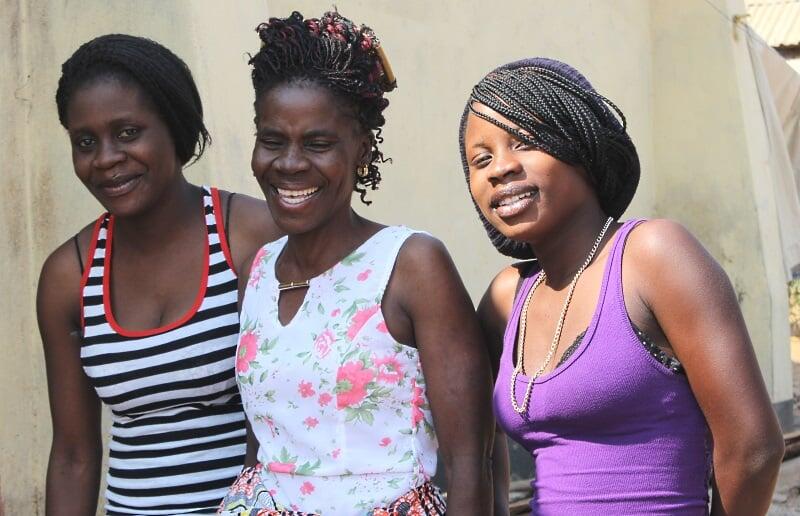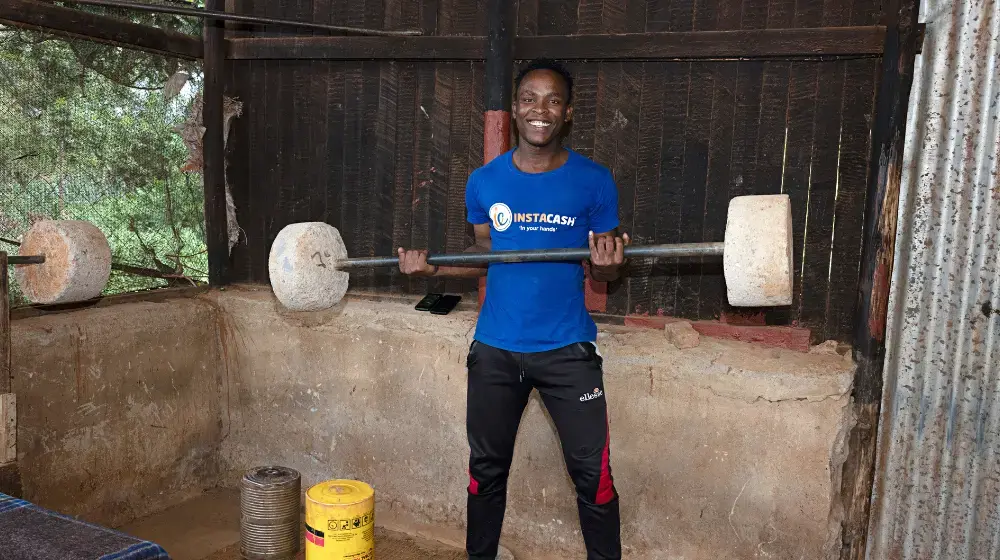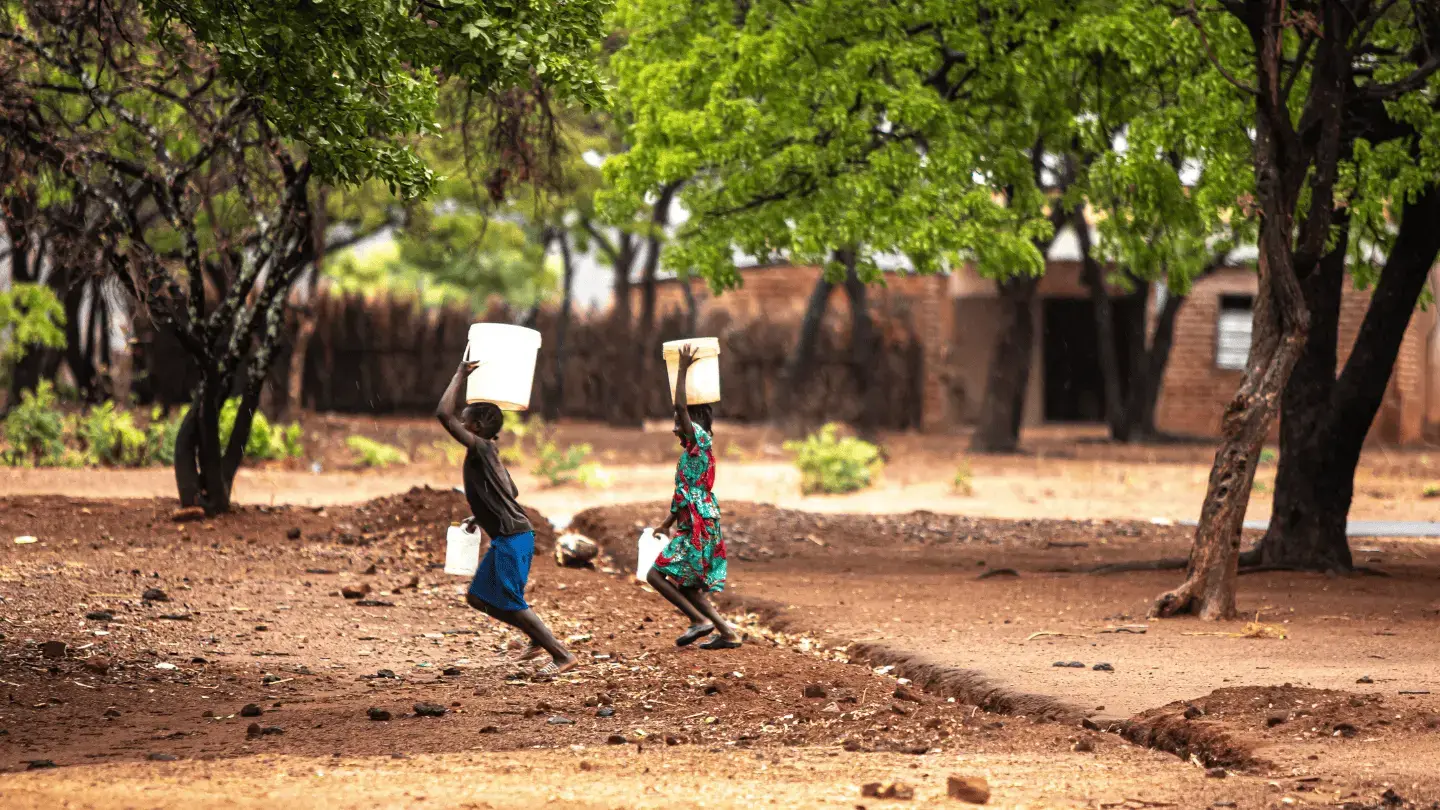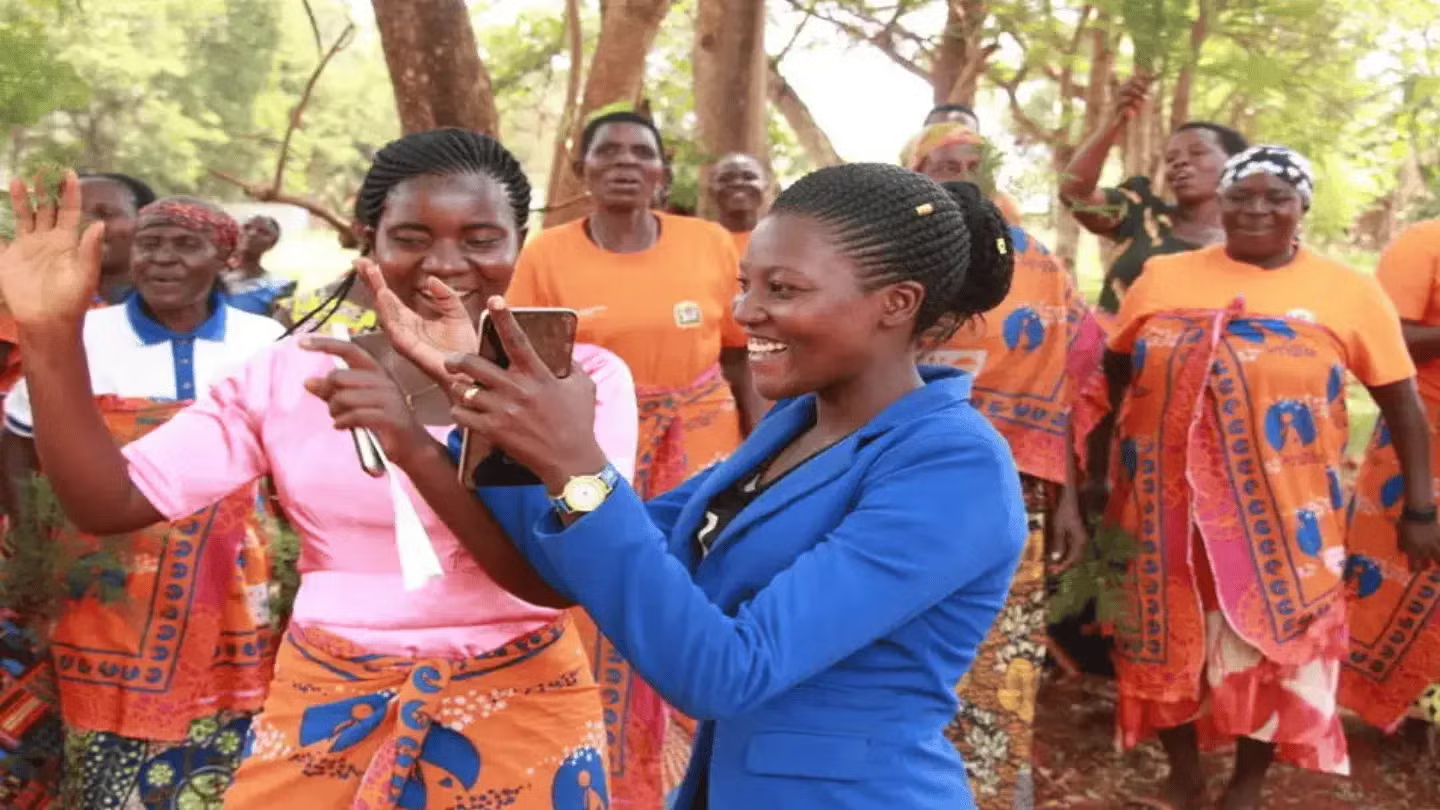NTCHEU DISTRICT TOWNSHIP, Malawi – It was a moment that turned Agnes Phakameya’s world upside down. After experiencing pain while having sex with her husband she decided to go for an assessment at Ntcheu district hospital to find out what could be causing her discomfort, and was shocked at the diagnosis.
“It took less than 15 minutes to be told I had cervical cancer,” the retired primary school teacher says. “I was devastated, recalling the outcomes of many women and my friends who have been affected by this disease. Most of them have died. From that moment on, fear and anxiety gripped me.”
“The treatment wasn’t painful at all.” - Agnes Phakameya, retired teacher
She was given an appointment with a clinician at the hospital a week later, then returned to begin treatment by cold coagulation using a cryotherapy gun. “The treatment wasn’t painful at all and I started feeling well after a few days,” she says.
Ms. Phakameya was married to the father of her three children, but her husband passed away in 2005. She later married a policeman, but in the course of the marriage experienced gender-based violence and she decided to leave him. He has since died. Since retiring, she has helped look after the children of her oldest daughter, Tokha Mbeya.
She gave her testimony about being diagnosed with cervical cancer and surviving, at the launch of the Stop Cervical Cancer Campaign, which is championed by the Organization of African First Ladies Against HIV/AIDS (OAFLA). UNFPA Malawi is a significant contributor to this campaign.
Cervical cancer burden in Malawi
Malawi has the highest burden of cervical cancer in the world, estimated at 75.9 cases per 100,000 women. Virtually all of these cases of cervical cancer are associated with infection with the Human Papilloma Virus (HPV).
Out of 15,000–20,000 women screened every year, more than 2300 are diagnosed with cervical cancer and about 1600 die annually from the disease. It is estimated that more than four million women aged 15-49 years are at risk of cervical cancer in Malawi.
Working to stop cervical cancer
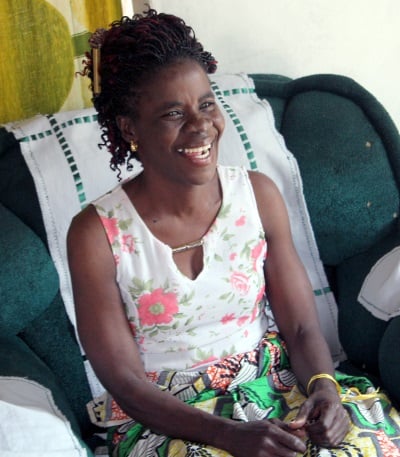
In August, Malawi’s First Lady, Gertrude Mutharika, under the guidance of OAFLA, launched the Stop Cervical Cancer Campaign. It aims to increase awareness among women about accessing cervical cancer screening. The campaign also strengthens the availability of cancer screening services beyond the district hospitals.
Only 25 per cent of public and Christian Health Association Malawi hospitals are able to offer cervical cancer screening services, presenting a significant challenge for women to get screened, the Emergency Obstetric Care Assessment Report 2015 showed.
UNFPA Malawi works with the Ministry of Health to improve the capacity of the health facilities by procuring extra cryotherapy guns as well as supporting the mobilization of women to present for regular cervical cancer screening.
“I want women to learn from me. I am a survivor." - Agnes Phakameya
Becoming a women’s health and rights activist
Today, Ms. Phakameya wakes up each morning feeling contented with life because not only is she a survivor, but now she contributes positively to the lives of other women in her area. She has become an activist to promote women’s health and rights, as a member of various groups in her district, and does volunteer work.
I know that many women have died of cervical cancer in Malawi because they went to the hospital very late, at a time when the treatment cannot work,” she says. “I want women to learn from me. I am a survivor and I wish my story would go far and save more women.”
By Henry Chimbali

